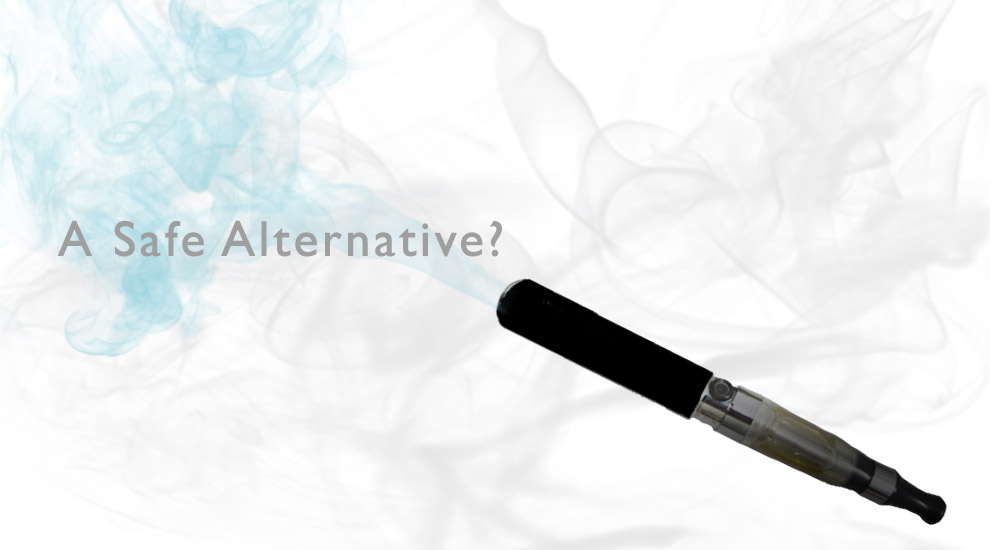FDA should investigate e-cigarettes
January 16, 2014
Big Tobacco is at it again, but this time they aren’t pushing cigarettes – these companies are promoting e-cigarettes, a “safer alternative” to tobacco smoking.
The problem is that tobacco companies are creating and marketing these products with claims that electronic cigarettes are therapeutic and safe, but this is unsubstantiated. The Food and Drug Administration has yet to regulate these devices under the label of a “drug-delivery device.” However, some studies show harmful side effects.
In 2009, the FDA found detectable levels of toxic cancer-causing chemicals, including an ingredient found in anti-freeze, in two leading brands of e-cigarettes and 18 various e-cigarette cartridges.
And while they don’t produce second-hand smoke, which is a big argument against the public smoking of cigarettes, they do produce second-hand vapor. Again, the claims made by manufacturers that deem the vapor as harmless have yet to be researched and cannot be proven. Some individuals have reported that the vapor is irritating to their eyes, noses and throats.
The regulations of these devices vary from place to place, but National Public Radio reported that Australia, Canada, Israel and Mexico have all banned the use of electronic cigarettes, as have all Starbucks locations.
An electronic cigarette has the same amount of nicotine as a normal cigarette, but because it is tobacco-free, it does not fall under the U.S. tobacco laws. This means that e-cigarettes can be bought without a proof of age. It’s now easier than ever for children and young adults to purchase them.
The most concerning issue is the spread of these devices. The Centers for Disease Control and Prevention found that in just one year, e-cigarette use doubled among high school and middle school students and in total, 1.78 million middle and high school students use e-cigarettes.
Actress Kathrine Heigl was on the “Late Show with David Letterman” promoting the use of the devices, and Leonardo DiCaprio puffed an e-cigarette on camera during the Golden Globes last week. When children see celebrities using electronic cigarettes and hear claims that they are completely safe and tobacco free, they are more likely to jump on the bandwagon.
There is no substantial evidence that the product is harmful; thus, the tobacco industry has free rein to promote products as “safe” without any proof.
Who can consumers believe when these companies have no basis of what they are saying? The FDA needs to conduct a quick but thorough investigation on the implications of using e-cigarettes.













